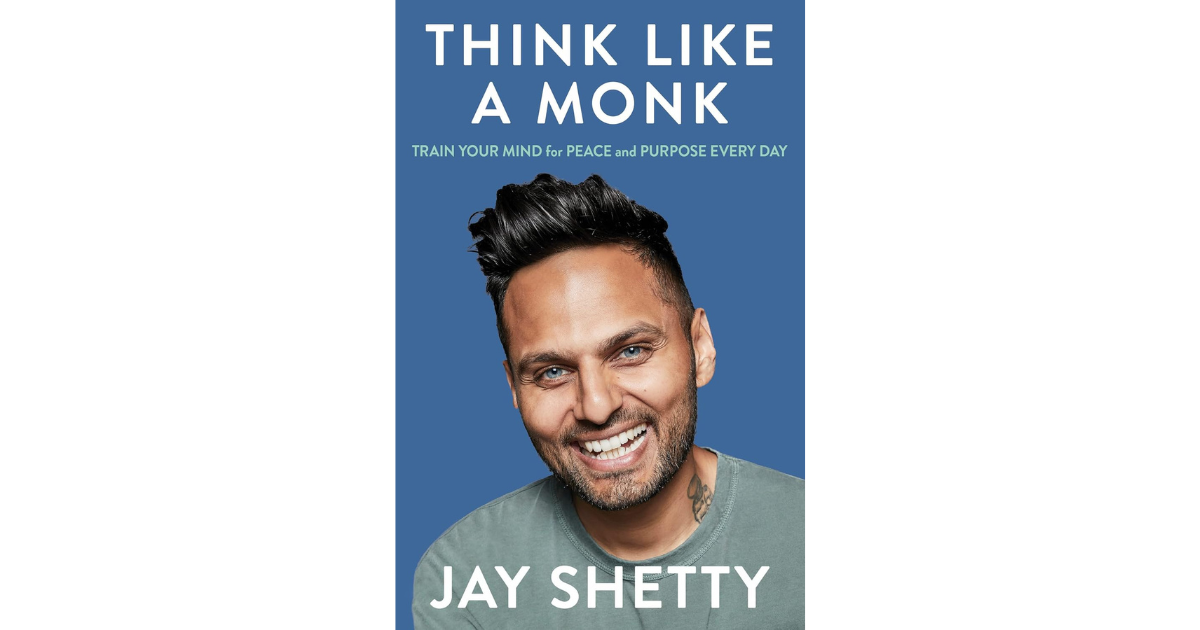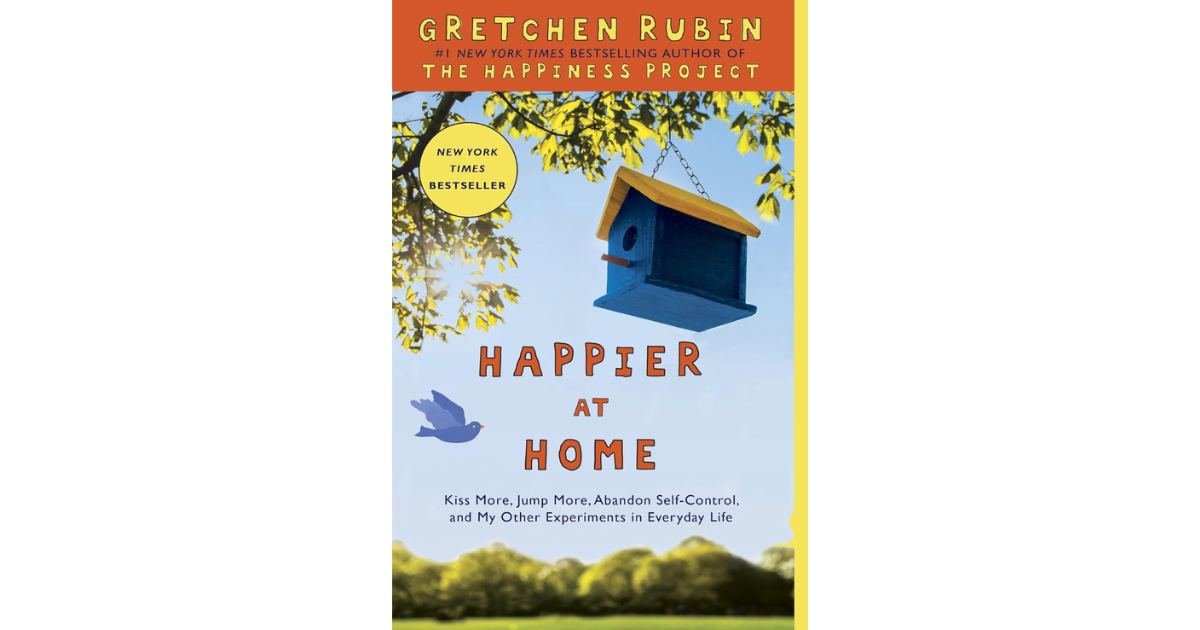Business Book Review: Future Brain by Dr Jenny Brockis
If you could fuel your brain like a Ferrari or a rust bucket, which would you choose? Learn the science behind powering your brain’s potential.
My Rating: ★★★★★
Length: 272 pages
Publisher: Wiley
Released: 2015
Key Takeaways for Personal Branding
In Future Brain, Dr Jenny Brockis shares the discoveries from brain science that you can use to power your brain’s advantage.
As Dr Brockis points out, in business, we speak a lot about adaptability and innovation. Yet, few discuss how we are actually going to do this. Our ability to increase our mental flexibility, agility and adaptability.
Dr Brockis shares 12 important keys to help your brain operate at peak capacity. Rich with research references. All are captivatingly noteworthy, but here are my top three take outs:
Refuelling Smart
While a ‘mental health’ focus has now become commonplace in the workplace, ‘brain health’ is less talked about. And much of your brain’s health stems from your diet. As Francois de La Rochefoucauld said:
“To eat is a necessity, but to eat intelligently is an art.”
Dr Brockis reminds you that your brain consumes 20 percent of all energy you put into your body.
Future Brain explores in generous detail recommendations for diet, paired with brainy fun facts about why they matter. This includes that your brain can produce its own cholesterol, but relies solely on your dietary intake of fatty acids (omega-3). And good news for Mediterranean food lovers:
“Studies by Georgios Tsivgoulis and others have reported those without diabetes who followed the Mediterranean diet more closely had a 19 per cent lower risk of developing memory and thinking difficulties compared with those following a more typical Western diet that is considerably higher in trans fats, saturated fats and sugar.“
Much of the choices we make in our diet come down to willpower. We eat because we are bored, because of our emotions or because others are eating. And the quality of our choices can be eroded by daily decision fatigue:
“Every time we make a decision, big or small, we exert willpower — and our daily stock of willpower is not infinite. With around 30,000 decisions to be made every day, it’s easy to see how our cognitive energy can be depleted over the course of the day.”
Exercise
As they say, sitting is the new smoking. A Mayo Clinic cardiologist, Martha Grogan, says sitting most of the day gives you approximately the same risk of heart attack as smoking.
While we generally understand the physical benefits of exercising, it’s impact on brain health often comes secondary. Most other references are simplified to using exercise to improve your mood. But, as Future Brain shares, it also strengthens your neural networks and promotes neuroplasticity (the production of new synaptic connections) and neurogenesis (the production of new neurons).
Functional MRI studies by Sandra Chapman and others showed that exercise increased blood flow to the brain. This occurs in two key areas:
The anterior cingulate — your brain’s error detector — it helps spot changes in your environment, prepares you for task performance and regulates your emotions
The hippocampus — your brain’s learning and memory centre
As Dr Brockis recommends, substitute your prolonged sitting with walking meetings and treadmill desks.
“Above all, do not lose your desire to walk. Every day I walk myself into a state of wellbeing and walk away from every illness.” (Soren Kierkegaard)
Sleep
As the best thought-leaders advocate, Dr Brockis champions the need for sleep in business. While our modern hustle culture celebrates a lack of sleep as somehow superior, she warns against this badge of honour that has crept into our always-on work culture. Because, if we aren’t allowed to be drunk at work, why do we allow sleep deprivation?:
“It can take us up to six weeks to recover from one night’s lost sleep. Reducing our sleep time to four or five hours a night over as little as one week reduces our cognitive capacity to the equivalent of a blood alcohol level of 0.01 per cent.”
Instead, Future Brain discusses practical tips for a healthy sleep routine. This includes switching off from devices two hours before bedtime or least switching from blue to yellow light devices. And also keeping a regular 40-minute pre-bed routine to help prepare your brain for sleep.
Naps can also be used to power your brain’s capability. Studies by Faraut and others showed a 20-minute nap can increase cognitive performance by up to 40 per cent. Plus, the benefits were shown to last up to 2–3 hours.
Future Brain will have you rethinking how you treat one of your most important assets in business. An engaging read, Dr Brockis makes the science of your brain a delight to delve into.
Favourite Quotes
When we are curious, we stop focusing on what we already know and instead focus on finding out ‘what else?’
While each side may have some difference in function, we use whole-brain thinking. Labelling ourselves as left brained or right brained does us (and our brains) a disservice.
Take on something your brain doesn’t recognise or hasn’t done before.





